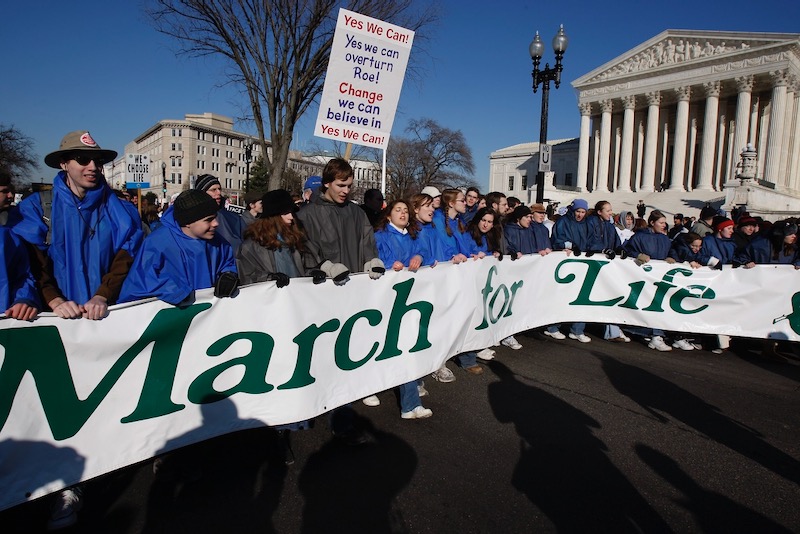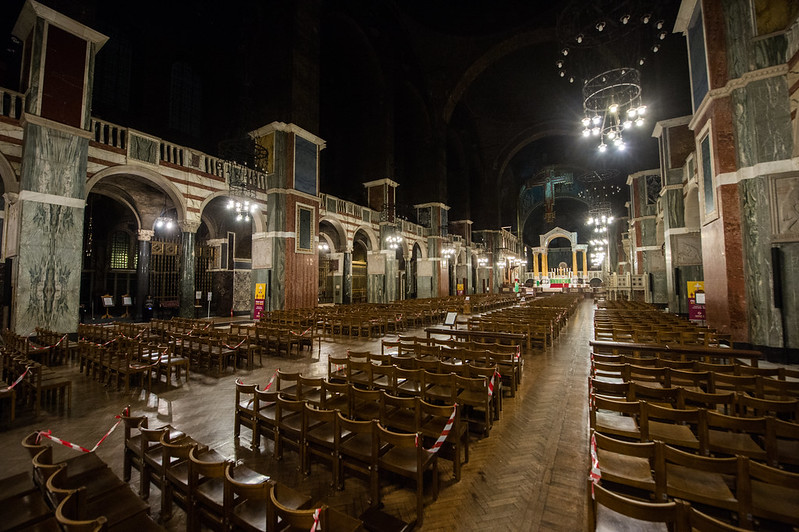A new survey on the impact of Covid-19 which aims to get a sense of how clergy and lay people are coping after months of varying restrictions has been launched by the Mater Dei Centre for Catholic Education at Dublin City University.
Covid-19 and Church-21 is a collaborative project between researchers across England, Scotland, Wales, Northern Ireland and the Republic of Ireland. It is a follow-on survey to the May 2020 study Coronavirus, Church and You which saw a total of 10,000 people take part across all regions, 1,500 of whom were in Ireland.
Dr Gareth Byrne, one of the lead researchers in DCU told the Tablet: “We think it is very important to return to the issues around how we as Church are responding to the pandemic. Many are experiencing lockdown fatigue. It will be very worthwhile to see whether people’s creativity has been harnessed in a variety of ways, or if it has waned as time has gone on.”
According to Dr Bernadette Sweetman of DCU, the first survey was conducted during the initial and most severe lockdown.
“In the nine months that have passed since, it is inevitable that there have been deeper changes for many people, not least due to the possible first-hand experience of the virus, but also because of the many milestones in people’s lives that have come and gone in totally different circumstances than that which would have previously been considered normal.”
Referring to Pope Francis’ writing on discernment in the pandemic, she added: “We know this is a period of deep learning for the Church. We should do our best to gather information from as many as possible in their varying contexts so that we can truly discern meaningful ways to be Church going forward in our new reality.”
She said the new survey, while similar to the first rendition, goes into more detail in some areas and incorporates new areas.
“As before, there are questions on health, mental health and spiritual health, but there are also now questions on lifestyle and employment changes, where support has been given and how that has helped, or not. Participants are free to elaborate on specific issues important to them in an open-text response at the end of the survey.”
One of the areas the researchers hope to shed light on is the “blossoming” of different forms of online and socially distanced worship which they believe has shown the “creativity” of many local churches.
“Over the course of the different lockdowns, people have had the opportunity to access the local church building to varying degrees, from private prayer only to socially distanced public worship with limits upon congregation sizes. In addition to Mass, there have been baptisms, funerals, weddings, First Holy Communion and Confirmations taking place. How the concept of ‘community’ is being understood in these circumstances is something we hope to explore in this research,” Dr Sweetman explained.
“We would like to make a detailed audit of what has been done, how those who produce or access services feel about them, and what might faith in the future for adult churchgoers in Ireland look like.”
Dr Sweetman and Dr Byrne hope that the responses in this new survey will show the variety of new initiatives among the laity and clergy. “It may also give information to those who seek to be more involved as to how that could be achieved in the future.”
Some 95 per cent of Irish respondents to the first survey were Catholic. Dr Sweetman said they would welcome a wider range of participants: lay, clergy, across the age groups, geographical spread and with different associations with churchgoing and levels of faith.
“The survey is open to all adult churchgoers. Given that the 2016 Census indicated that 78% of the Irish population identified as Catholic, we would like more diversity in this survey. We recognise the diversity within the Catholic community, and we have therefore included a new set of questions in this survey on ethnicity, using the Census categories. We hope to gain some insight into the impact of the pandemic on the different local communities that broadly identify as Catholic, as well as those from other Christian denominations.”
The findings of the first survey showed that 36 per cent of those who responded said they thought that churches should stay open whatever the crisis while 45 per cent said they needed a church building to fully express their faith and 26 per cent agreed that people will lose faith without church buildings in which to gather for worship.
“These point to the importance of the local church building to many people. This data was collected early in the pandemic, during the strictest lockdown, and since then access to the church building has undergone a number of changes, from private prayer only to socially distanced gathering of limited numbers and so on.”
“People’s experiences of different reasons to gather in the local Church, ranging from baptisms, funerals, weddings, First Holy Communions, Confirmation and Mass over the last nine months is something we hope that the survey can tap into. How has it impacted upon their relationship with the Church community as well as the church building? In addition to the main questions of the survey, respondents are able to elaborate on their opinions in the final open-text section.”
The survey is here.



 Loading ...
Loading ...